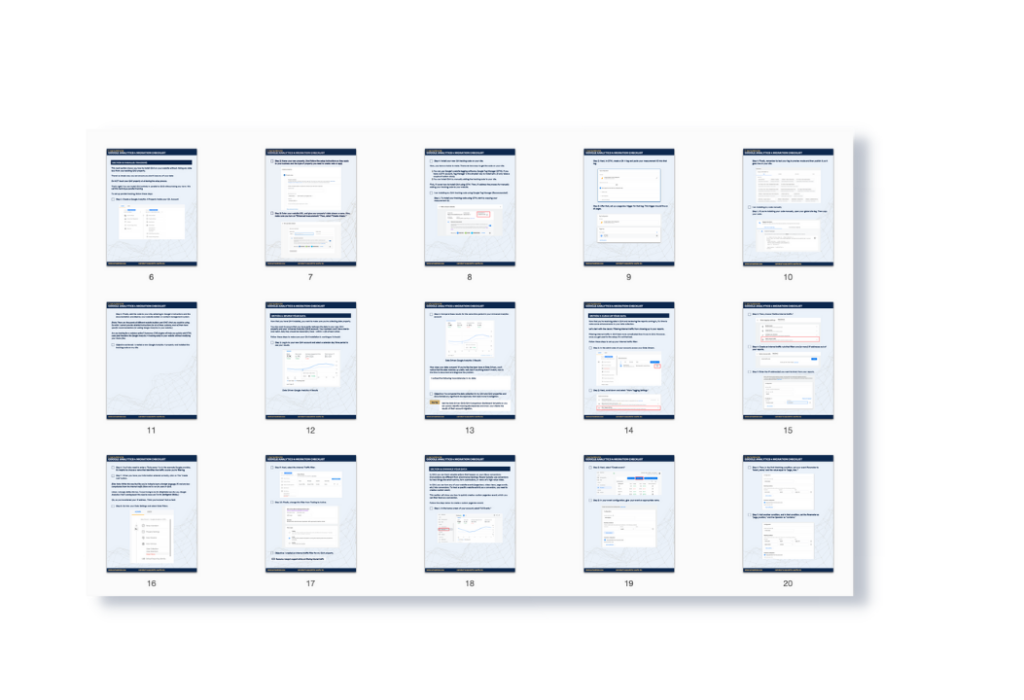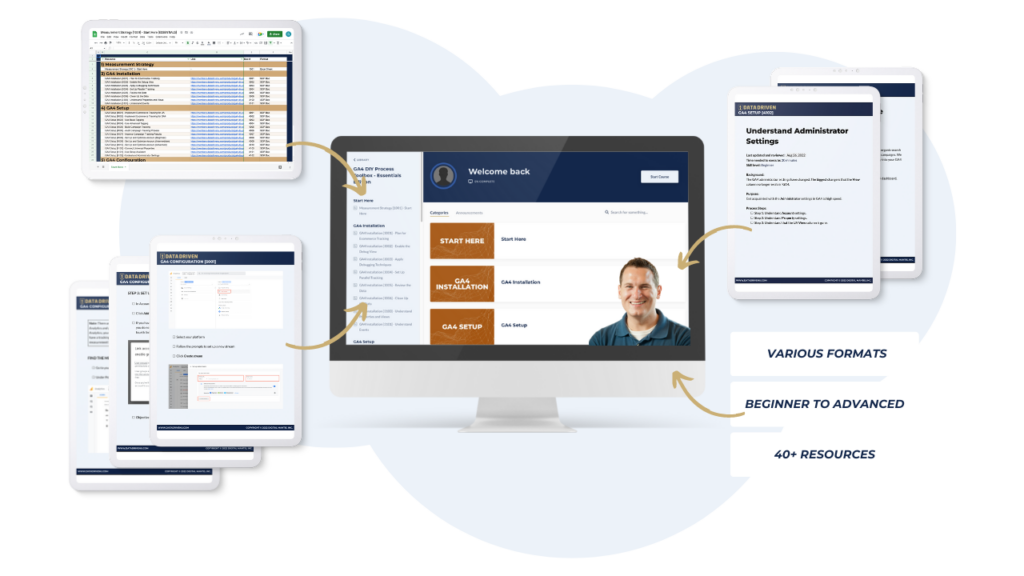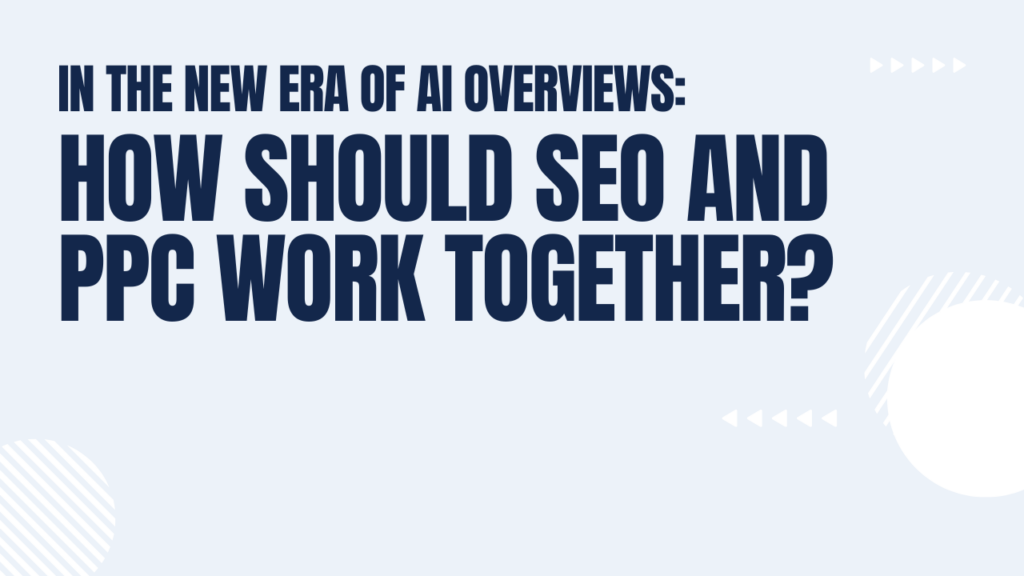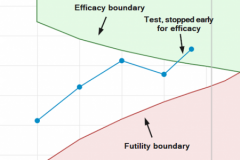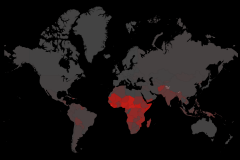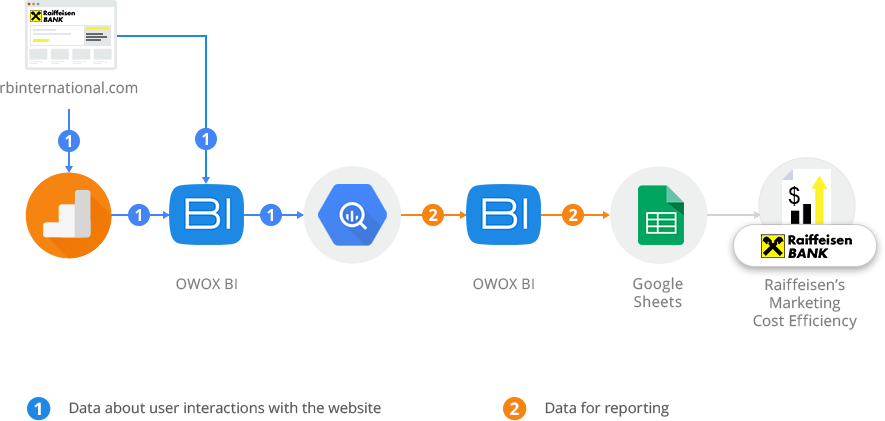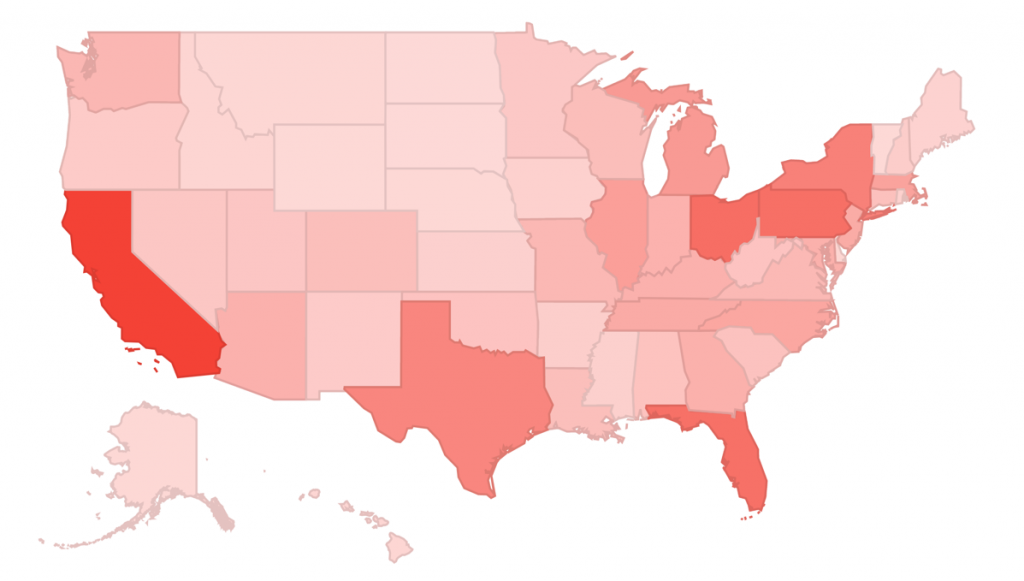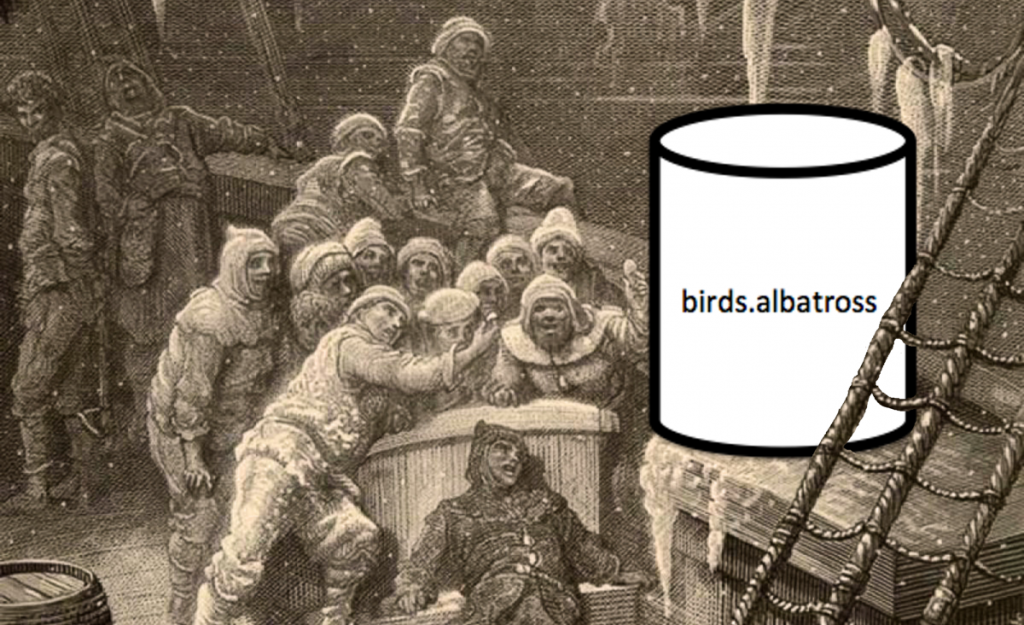 Over the years I have seen all kinds of definitions for web analytics. Some are over simplified, some are just plain wrong and biased toward agencies and vendors. Some blog posts claim to offer a definition while they simply rant about how hard web analytics is and what it should or should not be.
Over the years I have seen all kinds of definitions for web analytics. Some are over simplified, some are just plain wrong and biased toward agencies and vendors. Some blog posts claim to offer a definition while they simply rant about how hard web analytics is and what it should or should not be.
A Good Analytics Definition?

The Web Analytics Association has its own soup of buzzwords from another era “Web Analytics is the measurement, collection, analysis and reporting of Internet data for the purposes of understanding and optimizing Web usage.” One would think that every word stemming and their order would have been carefully weighted. After all, the WAA being the subject matter authority, this should be the ultimate definition. What does it mean to “measure” vs. “collecting” data? Why is “reporting” after “analysis”? One would expect a sense of value creating so those should be reversed, no?
I’m digressing.
Let’s turn to Wikipedia – the ultimate collective wisdom. The Truth with a big “T”. (Speaking of which, if you haven’t contributed your $5 now would be a good time! Donate to Wikipedia). The definition of web analytics according to Wikipedia is basically borrowed from the WAA. Case closed. But there is hope!
The science of analysis
How many times have we heard:
- “it’s not about the web anymore”? That’s a given.
- We also want to be relevant to the business; we want to convey a sense of value and action.
- Why reinvent the wheel? (or the web if you like!)
Wikipedia defines analytics as “the science of analysis“. Overtly simple & too simple. The next statement is “analytics is the process of obtaining an optimal or realistic decision based on existing data.” Isn’t it beautiful? Simple and effective!
Wait A Minute!

There’s a big “FAIL” in there! Read it again: “analytics is the process of obtaining an optimal or realistic decision based on existing data” hmmm… I don’t know about you, but I often run into situations where I perfectly know what is the “optimal” solution but I can’t “realistically” bring it to reality!
The big no-no is a mere two letters: “or”! It’s not “OR” it’s “AND”, stupid! Now you got it! The best and ultimate definition of analytics:
“Analytics is the process of obtaining an optimal and realistic decision based on existing data.”
Period. That’s it. Nobody cares where your data is coming from, nobody cares if you are optimizing for your email campaign, the web, or the back-office process that supports it. At the end of the day, the role of an analyst is to understand a business context, understand the constraints and the desired outcomes, use whichever data makes sense, and offer optimal AND realistic solutions to the business.
Parting thought
If analytics is “the science of analysis” what is analysis?
“Analysis is the process of breaking a complex topic or substance into smaller parts to gain a better understanding of it.”
… so we can optimize it! Next time you want to complain web analytics is hard, try to analyze your own job and see how you can break it into smaller tasks, understand and improve them. You will be in a much better position to become a credible voice to the business.
Makes sense?

